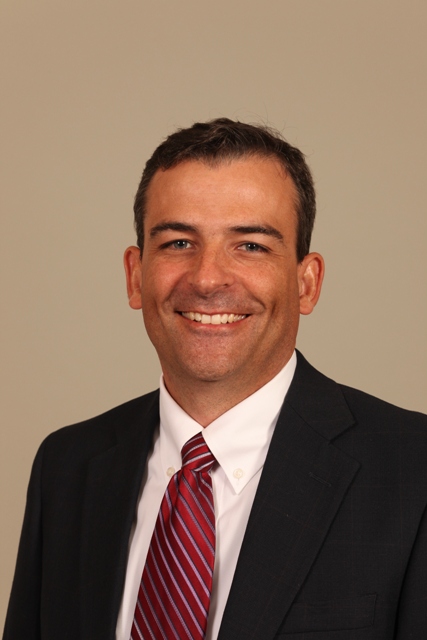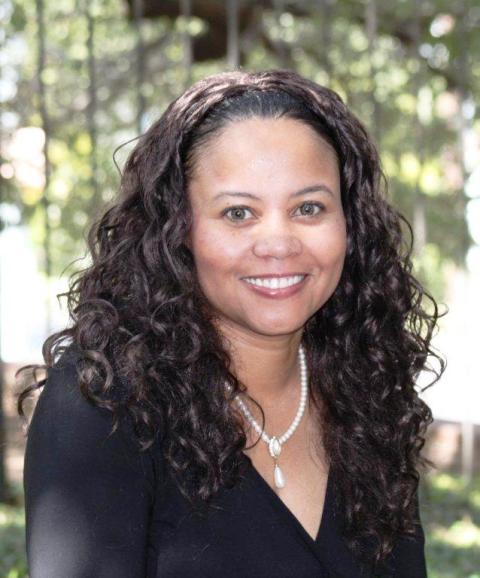Political Experts at Baylor University Analyze Issues for Presidential Election
Media Contact: Terry Goodrich, (254) 710-3321
Follow us on Twitter:@BaylorUMedia
WACO, Texas (Aug. 22, 2012) - Four faculty members at Baylor University have analyzed 2012 election topics ranging from young voters' behavior to candidates' religious affiliations to ranking polls to social media's role in politics.
State of the Union and State of the Voter: How Young People and Educators May Influence the Election
Teachers, historically a group with a high turnout in elections and a tendency to vote Democrat, may be less predictable this time, given President Obama's call for tying teachers' pay to student performance and expanding charter schools -- ideas unpopular with teachers' unions, said a Baylor University political scientist.
"You might see less enthusiasm, or teachers might be more likely to stay home than vote," said Patrick Flavin, Ph.D., an assistant professor of political science and co-author of "From the Schoolhouse to the Statehouse: Teacher Union Political Activism and U.S. State Education Reform Policy," published in State Politics and Policy Quarterly.
Conversely, recent moves in several states to roll back teacher collective bargaining may spur them to vote, he said.
Young voters, meanwhile, could pack a considerable punch for Obama.
"The question isn't who they would be more likely to vote for, but how much they'll turn out to vote," Flavin said. "In 2008, there was a big increase in young voters. But they're still the least likely age group to vote."
Religious Liberty and Freedom of Conscience Could Be Key in November
Will issues of religious liberty affect the 2012 presidential race? "Quite possibly," said Martin Medhurst, Ph.D., Distinguished Professor of Rhetoric and Communication at Baylor.
Some Catholic voters are concerned about the Obama administration's contraceptive mandate, with Catholic universities and hospitals worried that rules may force them to provide insurance that violates their religious beliefs. Those concerns are so serious that 43 Catholic institutions have filed suit against the Obama administration, he said. Most recently, an evangelical school, Wheaton College, also has filed suit, indicating that "concerns about religious liberty are spreading into different parts of the electorate," Medhurst said.
In 2008, the Obama campaign made outreach to Catholics and moderate evangelicals a priority. It paid off, with Obama increasing the Democrats' Catholic margin by 7 points over the 2004 Democratic candidate and adding a 5-point increase to the evangelical vote margin. Because Catholics and evangelicals together represent more than 50 percent of the American electorate, even a small percentage change could spell the difference between victory and defeat in November, Medhurst said.
Medhurst has been quoted in The New York Times and The Wall Street Journal.
Transformative, or Average? 
If Obama wins in November, it is quite possible he will establish himself as a transformative president with ranking experts," says Curt Nichols, Ph.D., an assistant professor of political science at Baylor. "Getting re-elected may allow him to protect the gains of his first administration and 'bend the curve of history' towards growth of the welfare state."
Being seen as a transformative president is a key to being ranked as a great president, Nichols said. If Obama goes down in history as one, Nichols suggests experts could rank him as high as fourth or fifth on the all-time list -- behind Abraham Lincoln, Franklin D. Roosevelt, and George Washington. No transformative president has failed to be re-elected.
Nichols came to these conclusions with a statistical technique known as regression analysis to determine criteria experts used in past presidential ranking polls conducted by The Wall Street Journal, C-SPAN and Siena Research Institute.
On the flip side, "if Mitt Romney wins, there is a good chance that Obama will be seen as a failed transformative president," Nichols says. "In this case, he would likely be rated as 'Average' by evaluators, landing somewhere right in the middle of the rankings pack with presidents like William McKinley and George H.W. Bush."
Obama has professed a desire to be viewed as "a really good one-term president" should he not be re-elected, Nichols said. But that hope would be dashed if he loses.
Nichols has found that eight factors are consistently used by experts to give presidents their rating scores. He has been cited as an expert on the presidential rankings game in stories in U.S. News & World Report and on MSNBC.
New Media, Old Messages: As Election Nears, the Obamas Are Targets of 'Blackface' Racism on Facebook
Optimists predicted the election of the United States' first black president would mark the beginning of a "post-racial era," a day when policies to address racism would no longer be necessary, said Mia Moody, Ph.D., an assistant professor of journalism, public relations and new media at Baylor. But as Obama bids for re-election, some social media depictions of minorities - including the Obamas -- show that day has not come, Moody said. Her study "New Media, Same Stereotypes: An Analysis of Social Media Depictions of President Barack Obama and Michelle Obama" has been published in The Journal of New Media & Culture.
Despite Facebook guidelines against "hate speech," fans of Facebook hate groups are relying heavily on old stereotypes of blacks as animalist, evil or shiftless -- including depictions of the President as a chimp or sporting a bandana and a mouth full of gold teeth, said Moody, who conducted a study analyzing 20 Facebook groups/pages using the keywords, "hate," "Barack Obama," and "Michelle Obama."
Hate groups may have more impact than in past elections because of social media, said Moody, who has been featured in reports by NPR, Boston Globe, MSNBC and CBS Dallas/Fort Worth.
"The growth of Facebook groups from a fringe activity to a significant communication source illustrates the recent evolution in the spread of hate speech," she said. "Hate groups, which might have remained benignly isolated at one time, recruit online and increase their numbers instantly."
ABOUT BAYLOR UNIVERSITY
Baylor University is a private Christian university and a nationally ranked research institution, characterized as having "high research activity" by the Carnegie Foundation for the Advancement of Teaching. The university provides a vibrant campus community for approximately 15,000 students by blending interdisciplinary research with an international reputation for educational excellence and a faculty commitment to teaching and scholarship. Chartered in 1845 by the Republic of Texas through the efforts of Baptist pioneers, Baylor is the oldest continually operating university in Texas. Located in Waco, Baylor welcomes students from all 50 states and more than 80 countries to study a broad range of degrees among its 11 nationally recognized academic divisions. Baylor sponsors 19 varsity athletic teams and is a founding member of the Big 12 Conference.